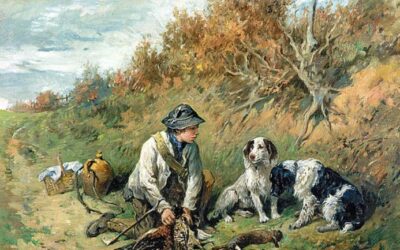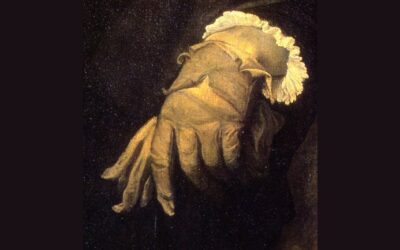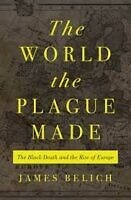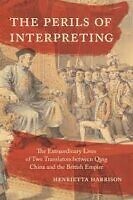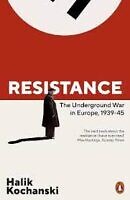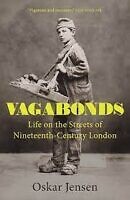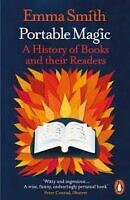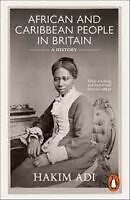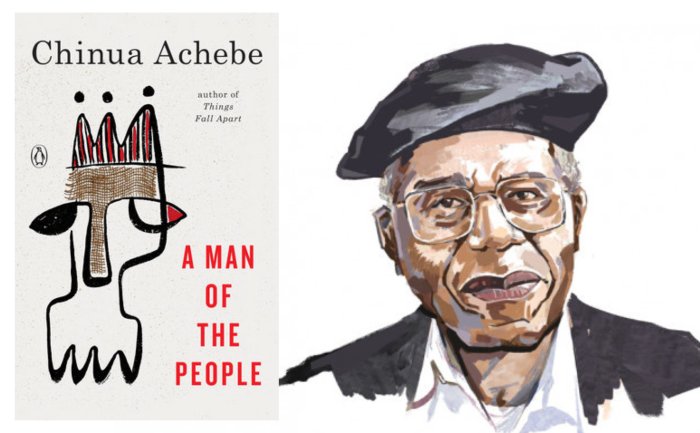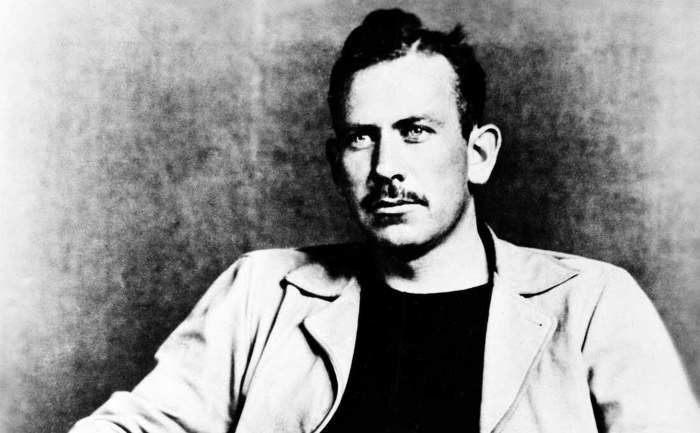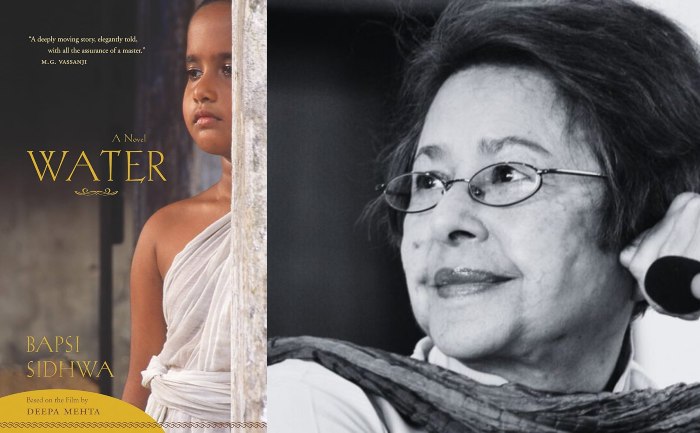The Wolfson History Prize Shortlist 2023
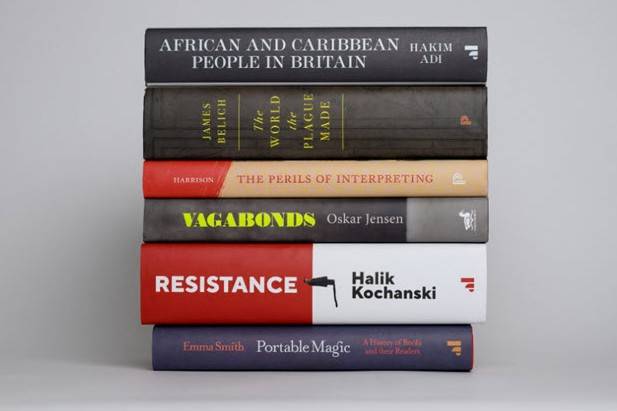 Wolfson shortlist 2023 (1)
Wolfson shortlist 2023 (1)
The Wolfson History Prize Shortlist 2023 has now been announced. Awarded by the Wolfson Foundation annually for over fifty years, the Wolfson History Prize is the UK’s most prestigious history prize. It recognises and celebrates books which combine excellence in research with readability.
The Wolfson History Prize Shortlist 2023
The World the Plague Made by James Belich
(Princeton University Press)
A groundbreaking history of how the Black Death unleashed revolutionary change across the medieval world and ushered in the modern age.
In 1346, a catastrophic plague beset Europe and its neighbours. The Black Death was a human tragedy that abruptly halved entire populations and caused untold suffering, but it also brought about a cultural and economic renewal on a scale never before witnessed.
James Belich takes readers across centuries and continents to shed new light on one of historys greatest paradoxes. Why did Europes dramatic rise begin in the wake of the Black Death? Belich shows how plague doubled the per capita endowment of everything even as it decimated the population. Many more people had disposable incomes. Demand grew for silks, sugar, spices, furs, gold, and slaves. Europe expanded to satisfy that demandand plague provided the means. Labour scarcity drove more use of waterpower, wind power, and gunpowder. Technologies like water-powered blast furnaces, heavily gunned galleons, and musketry were fast-tracked by plague.
A new ‘crew culture’ of ‘disposable males’ emerged to man the guns and galleons. Setting the rise of Western Europe in global context, Belich demonstrates how the mighty empires of the Middle East and Russia also flourished after the plague, and how European expansion was deeply entangled with the Chinese and other peoples throughout the world.
The Perils of Interpreting by Henrietta Harrison
(Princeton University Press)
A fascinating history of China’s relations with the West—told through the lives of two eighteenth-century translators
The 1793 British embassy to China, which led to Lord George Macartney’s fraught encounter with the Qianlong emperor, has often been viewed as a clash of cultures fueled by the East’s lack of interest in the West. In The Perils of Interpreting, Henrietta Harrison presents a more nuanced picture, ingeniously shifting the historical lens to focus on Macartney’s two interpreters at that meeting—Li Zibiao and George Thomas Staunton.
Who were these two men? How did they intervene in the exchanges that they mediated? And what did these exchanges mean for them? From Galway to Chengde, and from political intrigues to personal encounters, Harrison reassesses a pivotal moment in relations between China and Britain. She shows that there were Chinese who were familiar with the West, but growing tensions endangered those who embraced both cultures and would eventually culminate in the Opium Wars.
Resistance by Halik Kochanski
(Allen Lane)
Resistance is the first book of its kind: a monumental history that finally integrates the many resistance movements against Nazi hegemony in Europe into a single, sweeping narrative of defiance.
In every country that fell to the Third Reich during the Second World War, from France in the west to parts of the Soviet Union in the east, a resistance movement against Nazi domination emerged. And every country that endured occupation created its own fiercely nationalist account of the role of homegrown resistance in its eventual liberation. Halik Kochanski’s panoramic, prodigiously researched work is a monumental achievement: the first book to strip these disparate national histories of myth and nostalgia and to integrate them into a definitive chronicle of the underground war against the Nazis.
Bringing to light many powerful and often little-known stories, Resistance shows how small bands of individuals took actions that could lead not merely to their own deaths, but to the liquidation of their families and their entire communities.
Why resist at all? Who is the real enemy? What kind of future are we risking our lives for? These and other questions animated those who resisted. With penetrating insight, Kochanski reveals that the single quality that defined resistance across borders was resilience: despite the constant arrests and executions, resistance movements rebuilt themselves time and time again. A landmark history that will endure for decades to come, Resistance forces every reader to ask themselves yet another question, this distinct to our own times: “What would I have done?”
Vagabonds by Oskar Jensen
(Duckworth Books)
A sublimely vivid re-evocation of the life on the streets of late Georgian and Victorian London, Vagabonds turns the limelight on the city’s poorest and most resilient residents, from thieves and beggars to musicians and missionaries.
Until now, our view of bustling late Georgian and Victorian London has been filtered through its great chroniclers, who did not themselves come from poverty – Dickens, Mayhew, Gustave Dore. Their visions were dazzling in their way, censorious, often theatrical. Now, for the first time, this innovative social history brilliantly – and radically – shows us the city’s most compelling period (1780-1870) at street level.
From beggars and thieves to musicians and missionaries, porters and hawkers to sex workers and street criers, Jensen unites a breadth of original research and first-hand accounts and testimonies to tell their stories in their own words. What emerges is a buzzing, cosmopolitan world of the working classes, diverse in gender, ethnicity, origin, ability and occupation – a world that challenges and fascinates us still.
Portable Magic by Emma Smith
(Allen Lane)
A history of one of humankind’s most resilient and influential technologies over the past millennium—the book. Revelatory and entertaining in equal measure, Portable Magic will charm and challenge literature lovers of all kinds as it illuminates the transformative power and eternal appeal of the written word.
From disrupting the Western myth that the Gutenberg Press was the original printing project, to the decorative gift books that radicalized women to join the anti-slavery movement, to paperbacks being weaponized during World War II, to a book made entirely of plastic-wrapped slices of American cheese, Portable Magic explores how, when, and why books became so iconic. It’s not just the content within a book that compels; it’s the physical material itself, what Smith calls “bookhood”: the smell, the feel of the pages, the margins to scribble in, the illustrations on the jacket, its solid heft.
Every book is designed to influence our reading experience, to enchant, enrage, delight, and disturb us, and our longstanding love affair with books in turn has had direct, momentous consequences across time.
African and Caribbean People in Britain by Hakim Adi
(Allen Lane)
A major new history of Britain that will transform our understanding of this country’s past.
Despite the best efforts of researchers and campaigners, there remains today a steadfast tendency to reduce the history of African and Caribbean people in Britain to a simple story: it is one that begins in 1948 with the arrival of a single ship, the Empire Windrush, and continues mostly apart from a distinct British history, overlapping only on occasion amid grotesque injustice or pioneering protest.
Yet, as acclaimed historian Hakim Adi demonstrates, from the very beginning, from the moment humans first stood on this rainy isle, there have been African and Caribbean men and women set at Britain’s heart. Libyan legionaries patrolled Hadrian’s Wall while Rome’s first ‘African Emperor’ died in York. In Elizabethan England, ‘Black Tudors’ served in the land’s most eminent households while intrepid African explorers helped Sir Francis Drake to circumnavigate the globe. And, as Britain became a major colonial and commercial power, it was African and Caribbean people who led the radical struggle for freedom – a struggle which raged throughout the twentieth century and continues today in Black Lives Matter campaigns.
Charting a course through British history with an unobscured view of the actions of African and Caribbean people, Adi reveals how much our greatest collective achievements – universal suffrage, our victory over fascism, the forging of the NHS – owe to these men and women, and how, in understanding our history in these terms, we are more able to fully understand our present moment.
Check out our Reading list for the Best Historical Fiction Books to Read.



